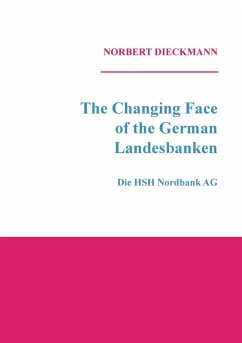In this book, one of Germany's most influential economists describes his country's economy, the largest in the European Union and the third largest in the world, and analyzes its weaknesses: poor GDP growth performance, high unemployment due to a malfunctioning labor market, and an unsustainable social security system. Horst Siebert spells out the reforms necessary to overcome these shortcomings. Taking a broader view than other recent books on the German economy, he considers Germany's fiscal policy stance, product market regulation, capital market, environmental policy, aging and immigration policies, and its system for human capital formation as well as Germany's role in the European Union, including the euro zone.
Germany's system of economic governance emerges as a common theme as Siebert examines why this onetime economic powerhouse is today a faltering giant. He argues that what Germany needs, above all, is a market renaissance; that it must throw off the shackles of its social welfare economy and of its hallmark consensus approach, whereby group-based cooperative decision-making has undermined competition and markets. In doing so he examines both the country's social security system and its labor market, including trade unions. His focus throughout is on Germany's present concerns, foreseeable future problems, and long-term policy issues.
The definitive word on the postwar German economy to the present day, The German Economy is essential reading for economists and finance professionals as well as students, researchers, and others interested in modern-day Germany and its place and prospects at the heart of Europe.
Germany's system of economic governance emerges as a common theme as Siebert examines why this onetime economic powerhouse is today a faltering giant. He argues that what Germany needs, above all, is a market renaissance; that it must throw off the shackles of its social welfare economy and of its hallmark consensus approach, whereby group-based cooperative decision-making has undermined competition and markets. In doing so he examines both the country's social security system and its labor market, including trade unions. His focus throughout is on Germany's present concerns, foreseeable future problems, and long-term policy issues.
The definitive word on the postwar German economy to the present day, The German Economy is essential reading for economists and finance professionals as well as students, researchers, and others interested in modern-day Germany and its place and prospects at the heart of Europe.









